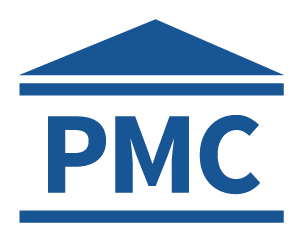GarixTheChad
6'1 110kg roided mogger
- Joined
- Jun 29, 2019
- Posts
- 1,340
- Reputation
- 1,460
The patient was a Thai single male, aged 35 years, without any underlying disease (his basic annual laboratory checkup showed normal results). On presentation, the chief complaint of this patient was a feeling of increased sexual drive. He gave the history of no use of narcotic and regular intake of vitamin and nutritional supplementation. Physical examination revealed no significant abnormality. Laboratory investigations were performed which showed increased dihydrotestosterone (1512 pg/mL, reference value 250–990 pg/mL). The results of other sexual hormone related investigations in this case included dehydroepiandrosterone sulfate 328 μg/dL, free testosterone 1.7% and sex hormone binding globulin 43.24 nmol/L [no data on follicle stimulating hormone (FSH) and luteinizing hormone (LH) levels]. The diagnosis of hyperandrogenemia in this case was therefore arrived at. Further investigation to find the source of androgen in this case was performed. With complete history taking, the clinical nutritionist could define an important problematic food component, B. superba, a local herb. The patient gave additional information that he had just taken this locally made capsule of this herb for a few weeks because he was suffering from hair loss. This patient was advised to stop ingestion of this herb, and follow-up after 1 week revealed that the patient had no feeling of increased sexual drive and dihydrotestosterone had decreased to normal level.
study link

 www.ncbi.nlm.nih.gov
www.ncbi.nlm.nih.gov
study link


